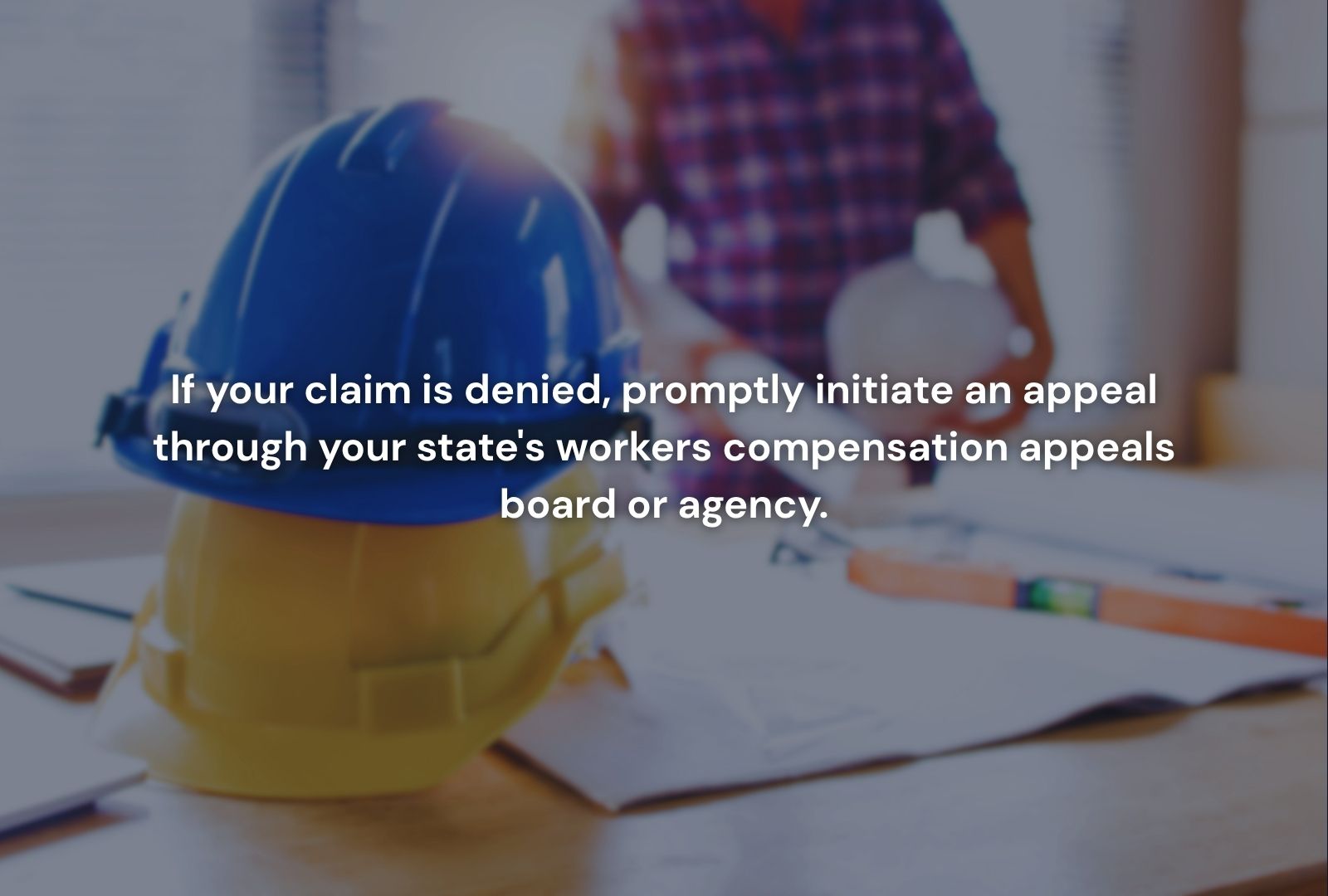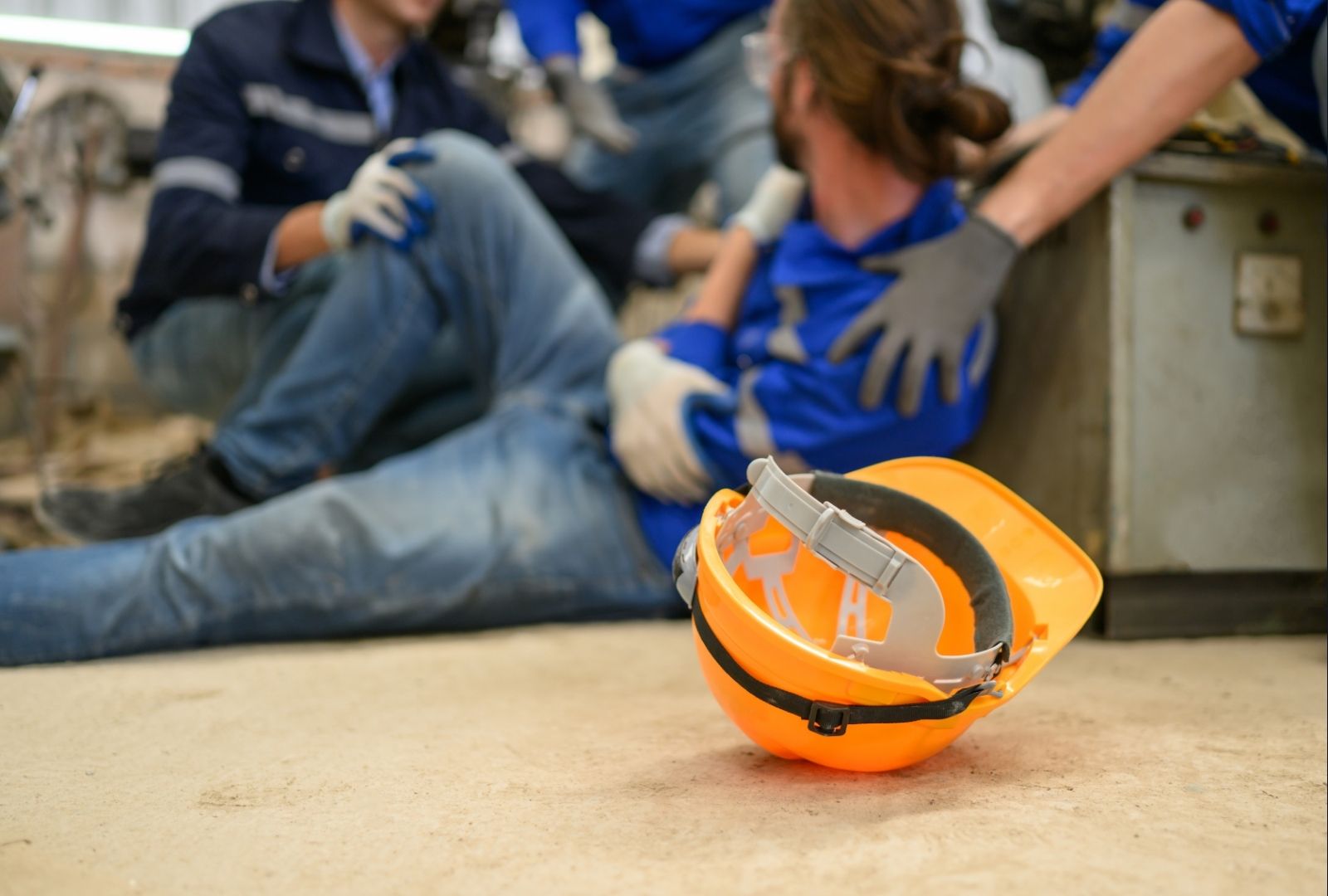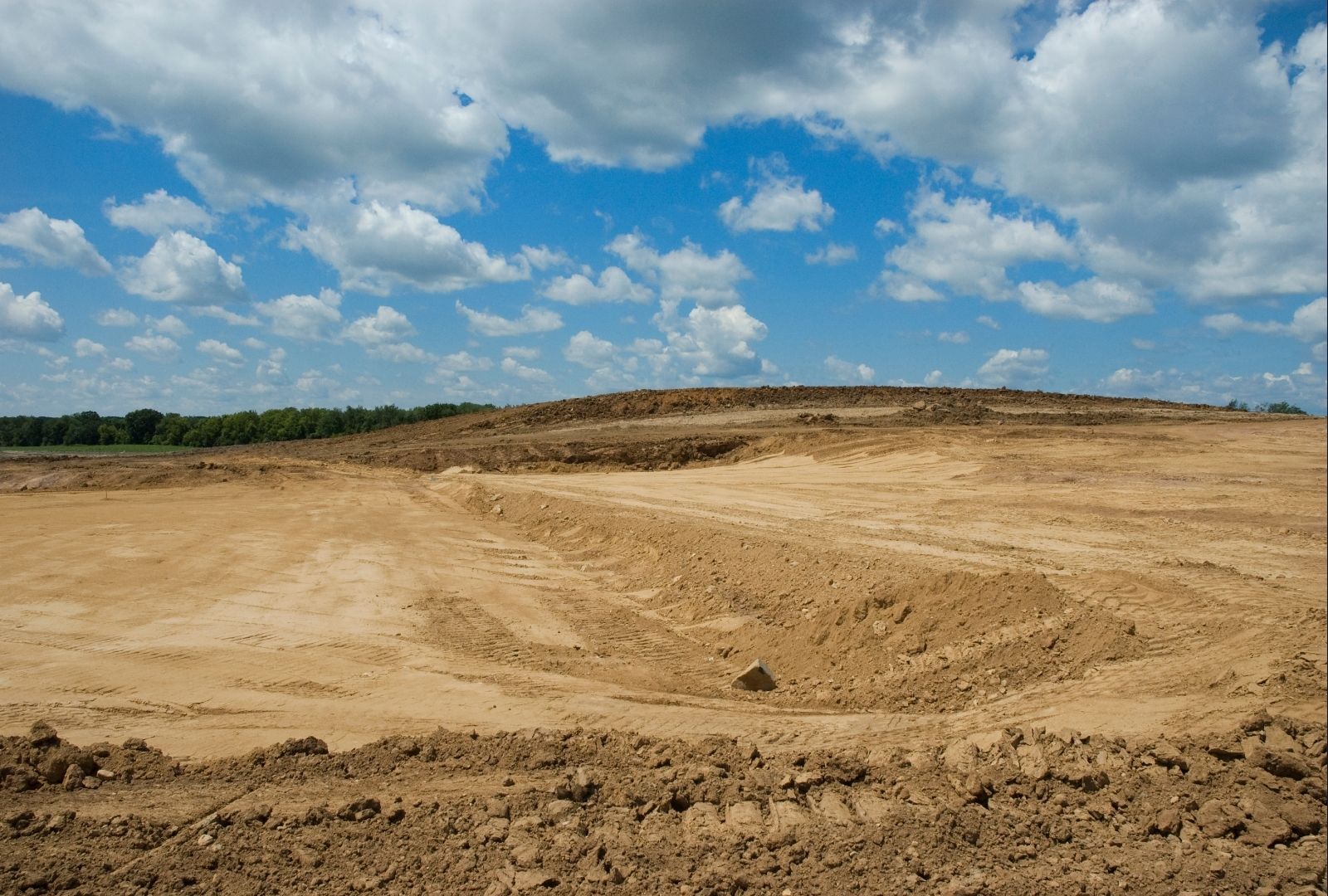Navigating the workers comp procedure effectively ensures you receive timely medical care and compensation following a workplace injury. Understanding key deadlines, required forms, and appeals processes helps employees avoid costly mistakes and unnecessary claim denials.
If you encounter challenges during your workers comp claim, consulting a personal injury lawyer promptly ensures proper guidance and protection of your rights.

Step 1: Reporting Your Injury
Immediately notify your employer of the injury. Most states require notification within a few days, typically ranging from 24 hours to 30 days. Delayed reporting can lead to claim denial.
Use an injury report form template for accurate and comprehensive documentation. Precise details significantly improve the likelihood of claim acceptance and expedite processing.
Step 2: Seeking Medical Attention
Promptly seek medical treatment for your injury. Employers usually provide a list of authorized medical providers covered by workers comp insurance.
Always clearly communicate to healthcare providers that your injury is work-related, ensuring accurate medical records that support your claim.
Step 3: Filing Your Workers Compensation Claim
Complete the official claim form provided by your employer or the state workers compensation agency. Typical required information includes:
- Date, time, and location of injury
- Detailed incident description
- Names and statements of witnesses
- Medical treatment received
Ensure you file the claim within your state's specific deadlines, generally ranging from 30 to 90 days following the injury. Missing these deadlines risks losing eligibility for benefits.
Step 4: Employer and Insurer Response
Once your claim is filed, your employer or their insurance carrier reviews it and decides on approval or denial.
- Approved Claims: Compensation begins promptly, covering medical costs, wage replacement, and any rehabilitation required.
- Denied Claims: You receive a denial notice detailing the reasons and your rights to appeal the decision.
Step 5: Appealing a Denied Claim
If your claim is denied, promptly initiate an appeal through your state's workers compensation appeals board or agency. Appeals involve specific procedures, typically including:
- Filing an appeal notice within a prescribed period (often 30-60 days)
- Submitting supporting documentation, such as medical records
- Attending a hearing or mediation session
Legal representation significantly improves your success during appeals.
Important Workers Comp Filing Deadlines
Timely action is essential for workers comp claims:
- Initial Injury Reporting: Usually within 24 hours to 30 days
- Formal Claim Filing: Generally within 30-90 days post-injury
- Appeal Filing: Typically within 30-60 days after claim denial
Knowing and meeting these deadlines prevents complications and ensures eligibility for benefits.

Common Workers Comp Procedure Mistakes to Avoid
Avoid these frequent mistakes to streamline your claim:
- Late Reporting: Immediately notify your employer of injuries.
- Incomplete Documentation: Thoroughly document medical treatments and injury details.
- Ignoring Appeal Rights: If your claim is denied, swiftly file an appeal to secure potential compensation.
Additional Topics for Comprehensive Understanding
Explore related topics to fully understand workers compensation and workplace safety:
- Workers Compensation Insurance: Understand insurance requirements and coverage to better navigate claims and benefit processes.
- Workplace Accident Prevention: Learn effective strategies to reduce workplace injury risks, promoting safer environments.
- Employee Rights: Gain knowledge about your legal rights post-injury, ensuring proper care, compensation, and protection against employer retaliation.
Understanding these areas creates a robust knowledge base for handling workplace injuries effectively.

Final Thoughts: Mastering the Workers Comp Procedure
Clearly understanding the workers comp procedure, including filing deadlines, required forms, and appeals processes, significantly improves your ability to navigate claims successfully. Proactive steps, timely action, and informed decision-making ensure you receive the benefits and support necessary for recovery and financial security.


















